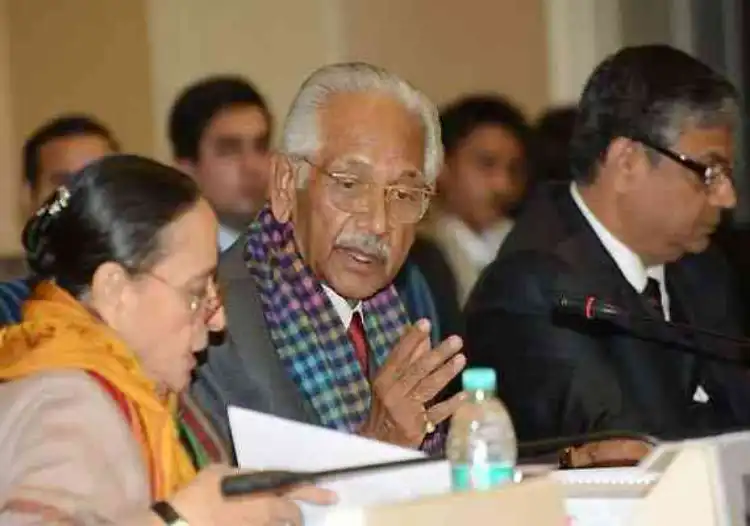In India, the formation of a Special Investigation Team (SIT) is a common practice when investigating cases of particular importance or sensitivity. These teams are typically established by the state government or the Central Bureau of Investigation (CBI) and are led by a senior police officer.
One of the most notable examples of an SIT was formed in the aftermath of the Gujarat riots of 2002. The riots, which were sparked by the burning of a train carrying Hindu pilgrims, resulted in the deaths of over 1,000 people, mostly Muslims. In the ensuing years, there were allegations of collusion between the state government and the police in the riots, leading to calls for an independent investigation.
In 2008, the Supreme Court of India ordered the formation of an SIT to investigate the riots. The SIT was led by a retired judge and included senior police officers from outside Gujarat. The team was tasked with re-investigating several key cases related to the riots, including the burning of the train and the subsequent violence.
The SIT’s investigation lasted for several years and resulted in several convictions, including of high-ranking government officials. The team’s work was widely praised for its thoroughness and impartiality, and it was seen as a model for how such investigations should be conducted in India.
However, not all SITs have been successful in India. There have been instances where SITs have been criticized for their lack of impartiality, lack of progress in investigations, and political interference. In some cases, the SITs have been dissolved or reconstituted due to a lack of progress.
In conclusion, Special Investigation Teams play a crucial role in investigating important and sensitive cases in India. Despite their limitations, they have helped in providing justice and closure to victims in certain cases. It is essential that SITs are formed with a clear mandate, have adequate resources, and are insulated from political pressure to ensure that their investigations are fair and impartial.
Some of the names of SITs
- Justice Verma Committee
- Shah Nawaz Committee
- Balwant Rai Mehta Committee
- Ashok Mehta Committee
- SIT on Gujarat Riots of 2002
- SIT on Black Money
- SIT on Unlawful Activities (Prevention) Act (UAPA)
- SIT on Unaccounted Wealth & Assets
- SIT on Cyclone Amphan Relief and Rehabilitation
- SIT on Delhi Riots of 2020
- SIT on Violence Against Women
- SIT on Environmental crimes
- SIT on Economic Offences
- SIT on Human Rights Violations
Who forms or can form the SIT team?
In India, a Special Investigation Team (SIT) can be formed by the state government or the Central Bureau of Investigation (CBI). The formation of an SIT can also be ordered by the Supreme Court of India or other high courts in the country. The team is typically headed by a senior police officer and may include police officers from outside the state or jurisdiction where the investigation is taking place.

